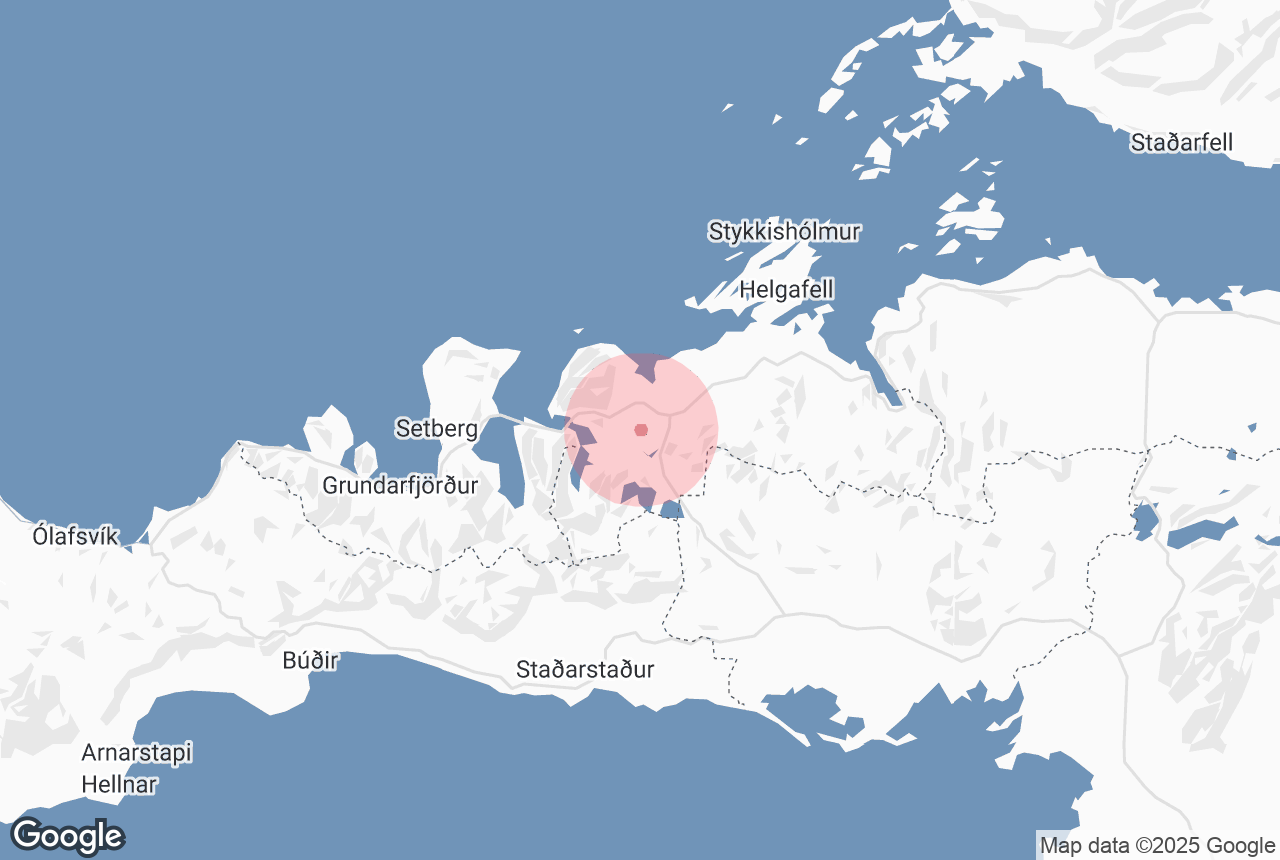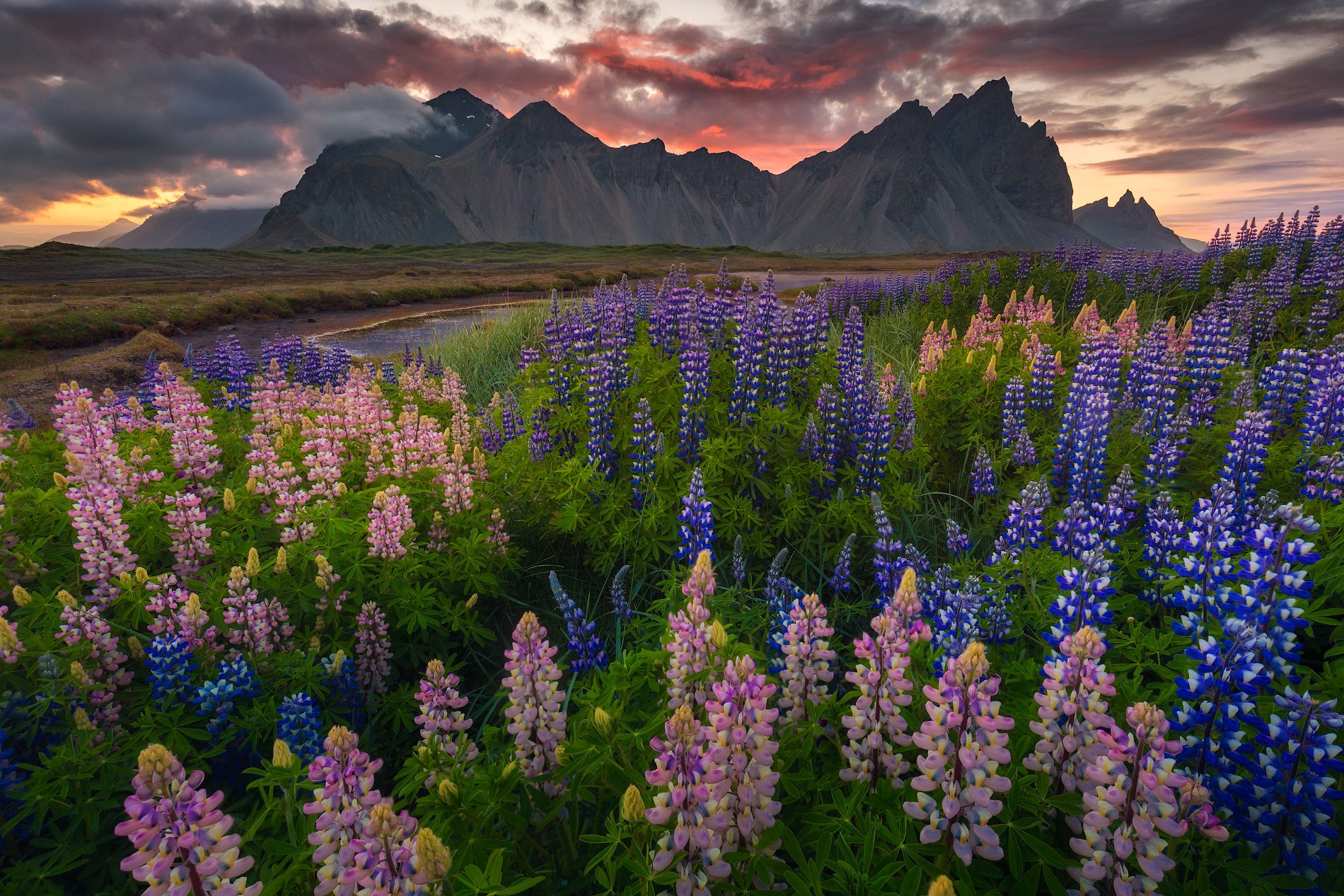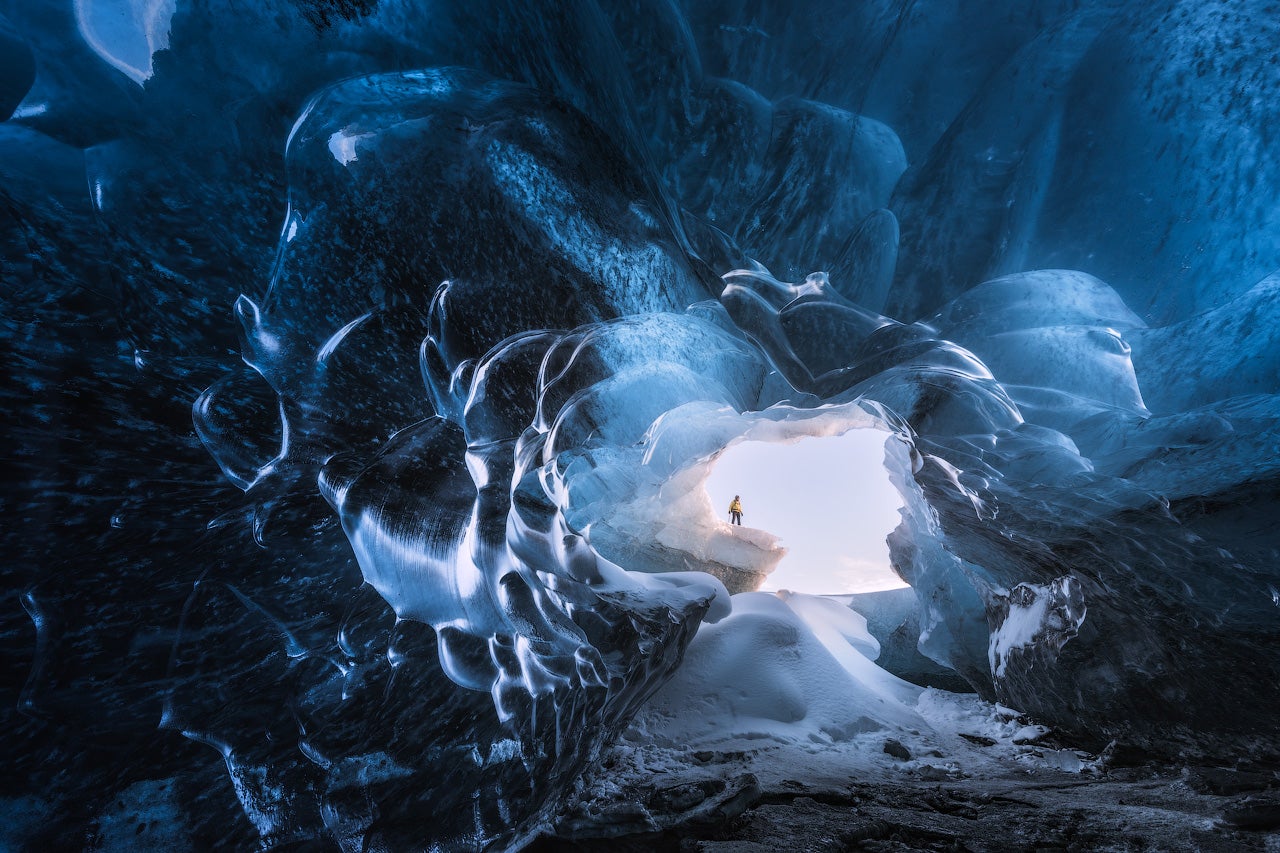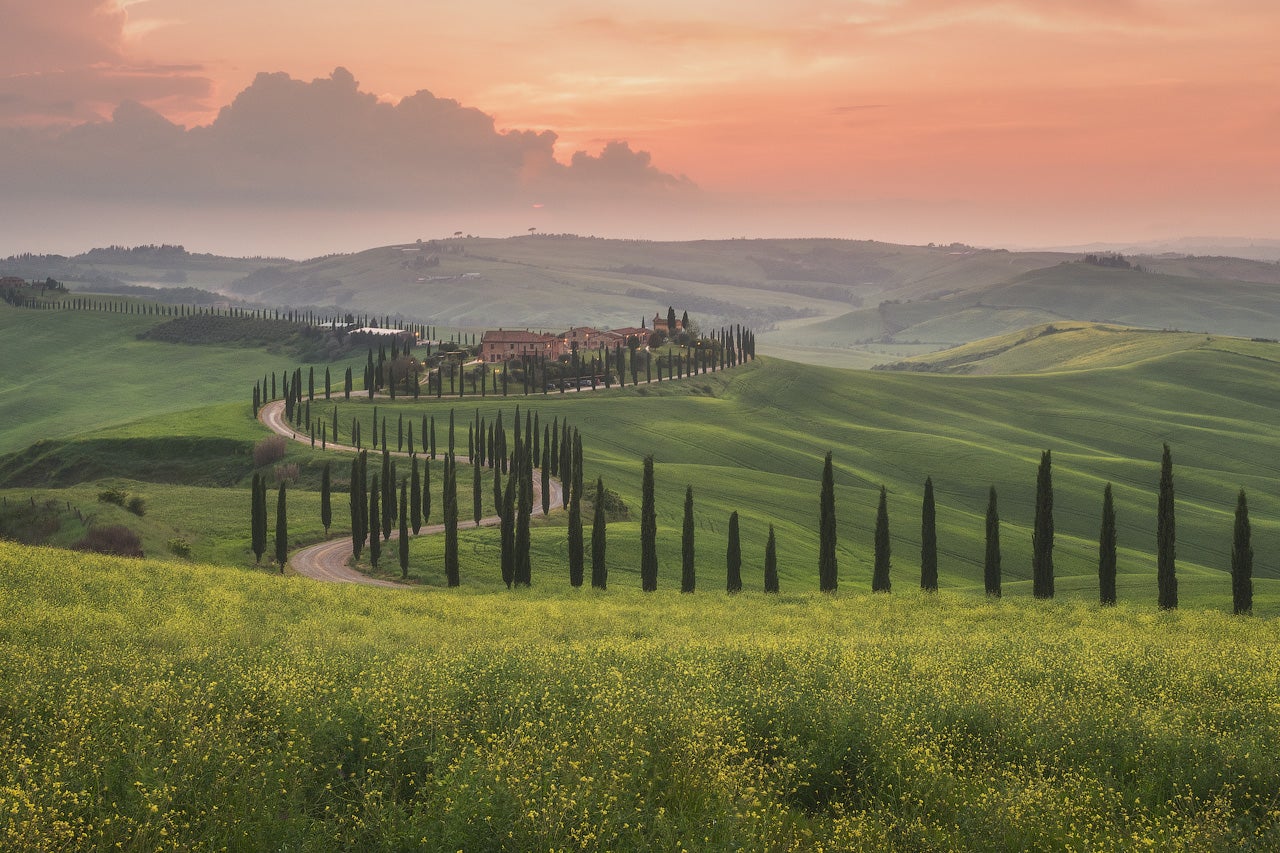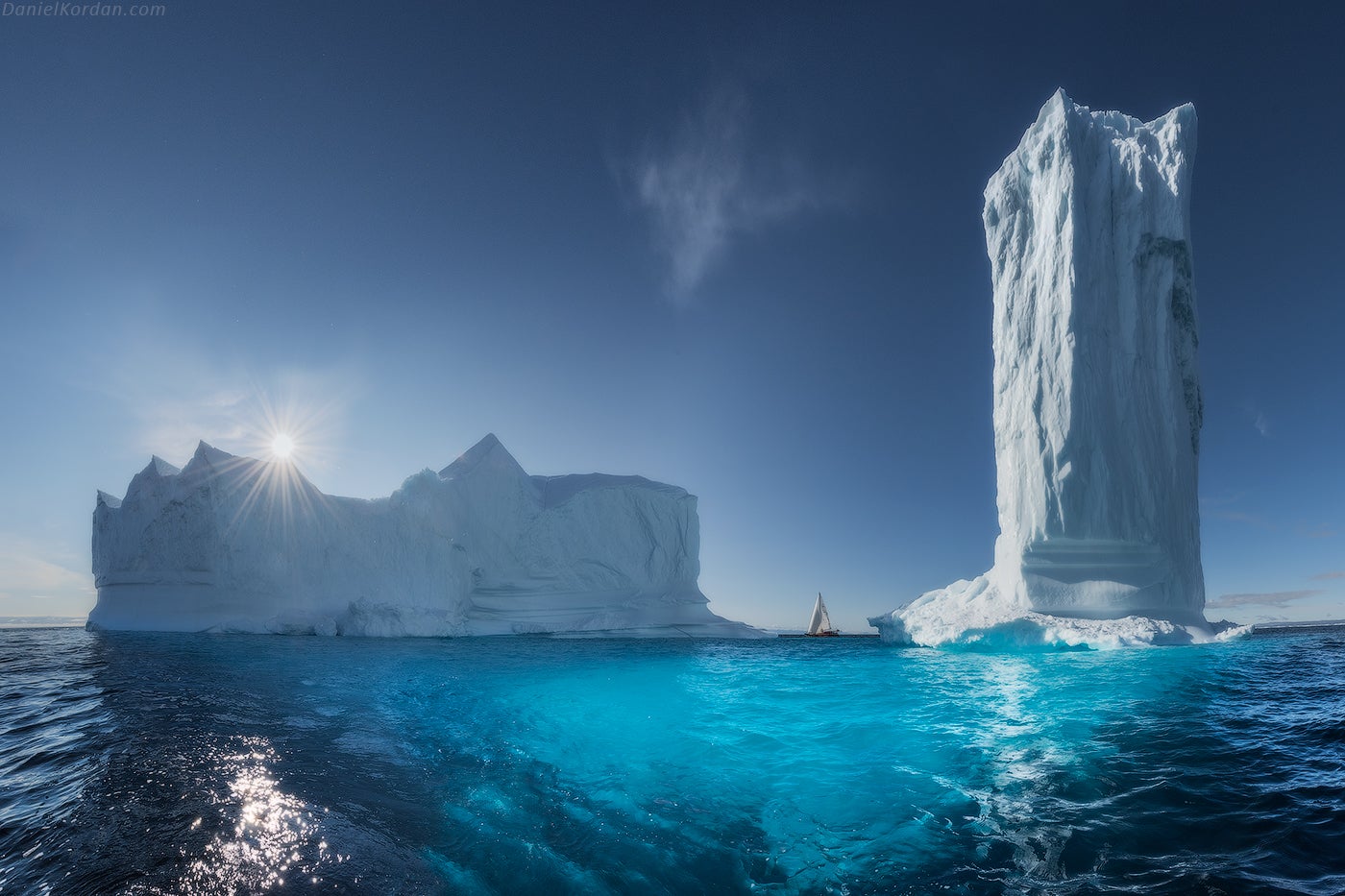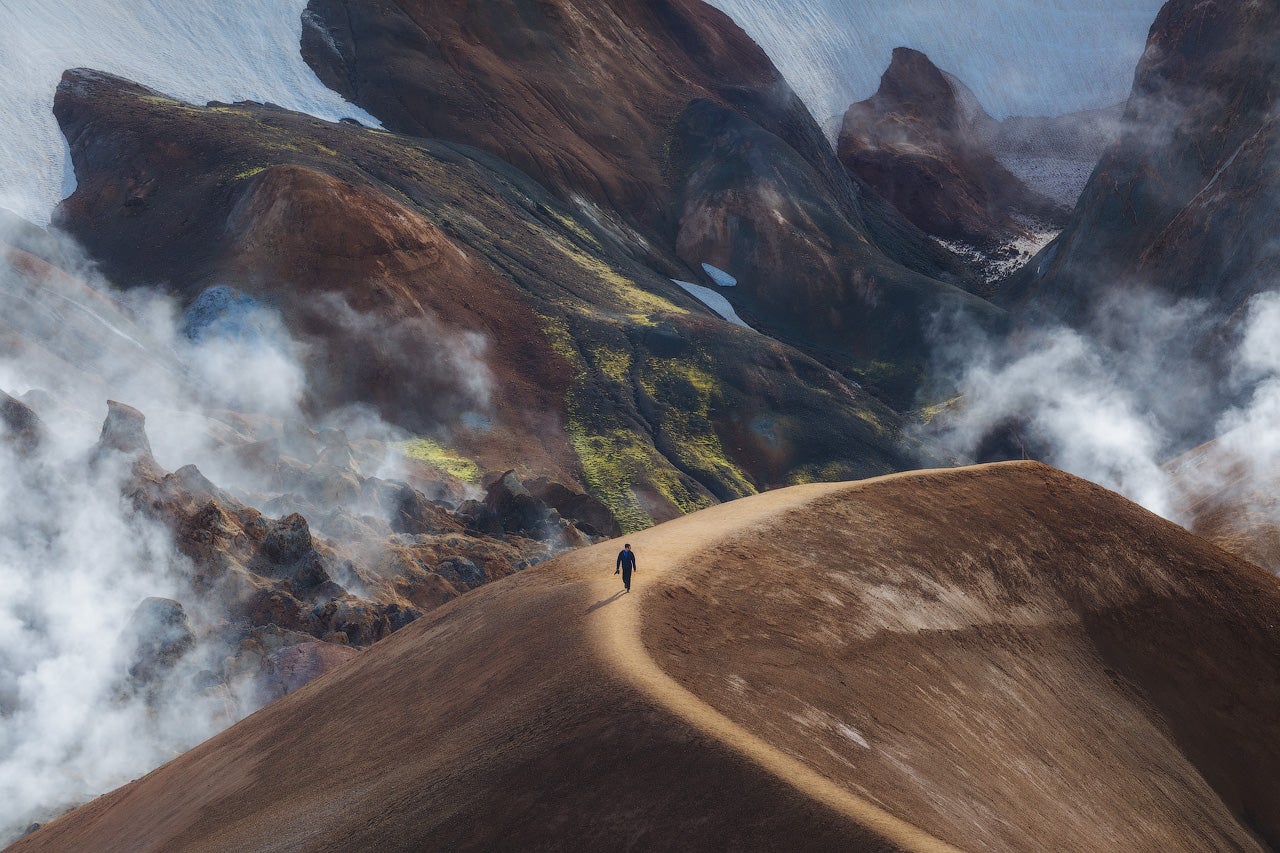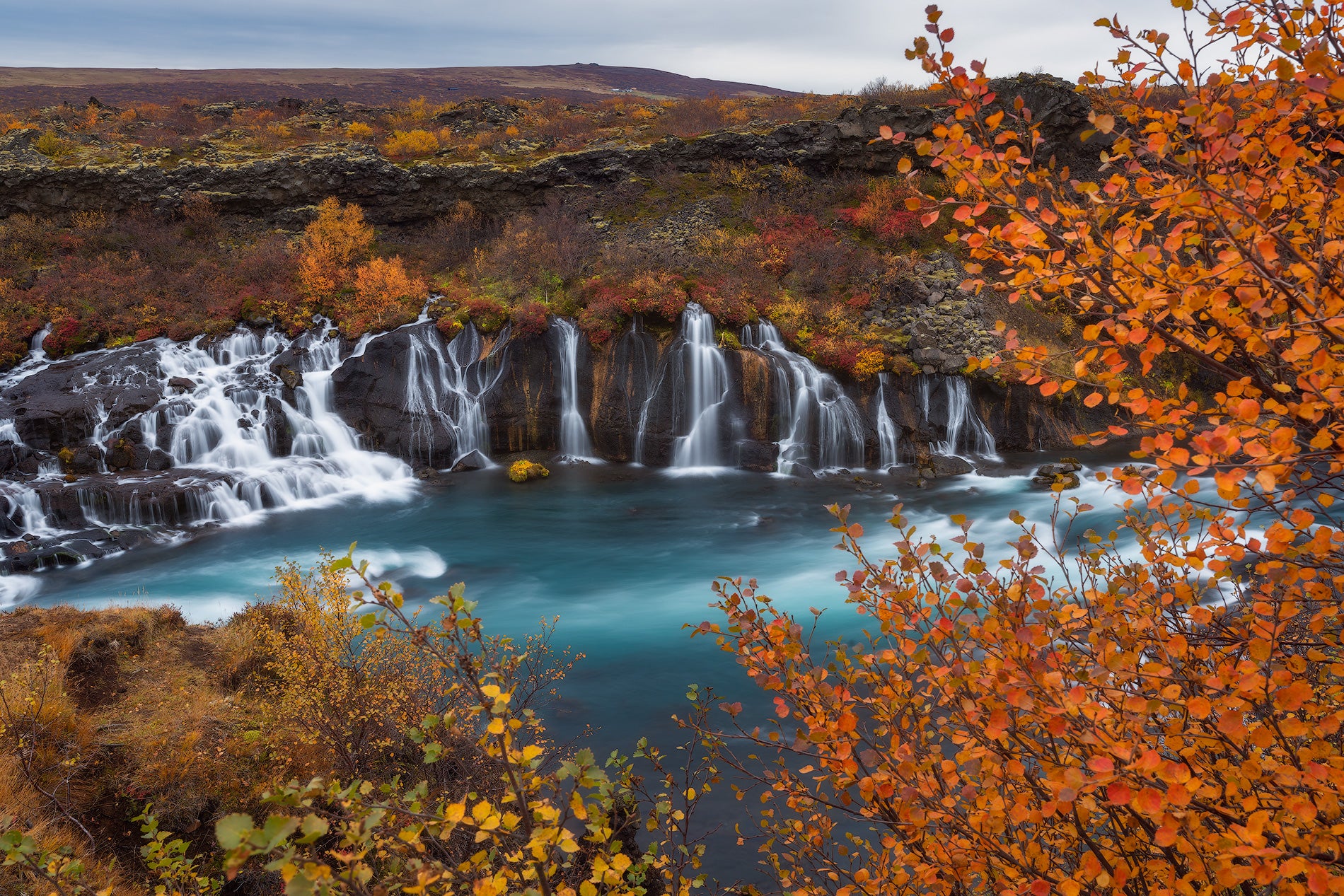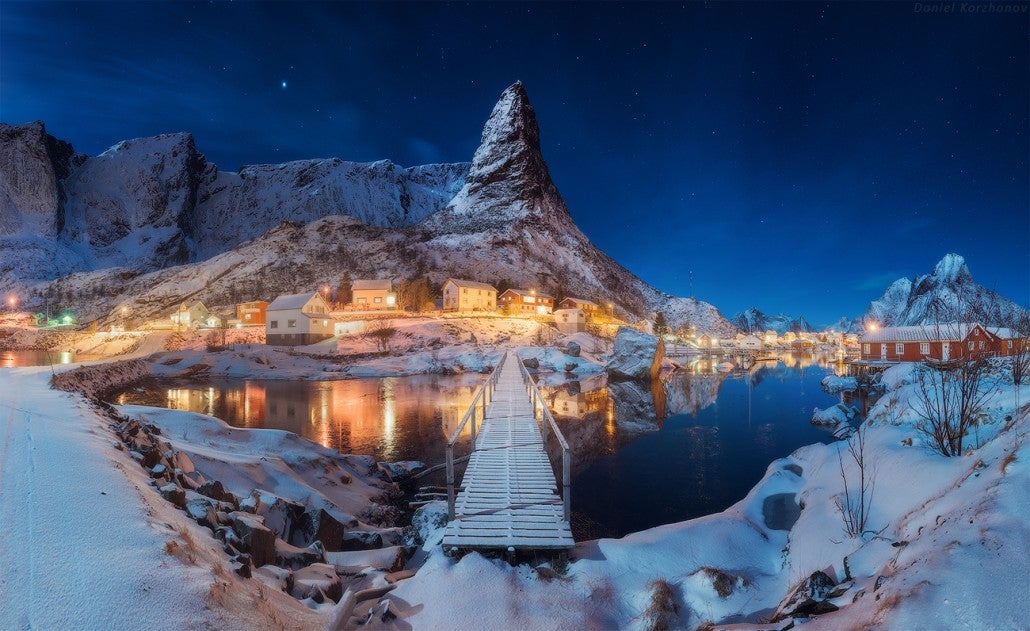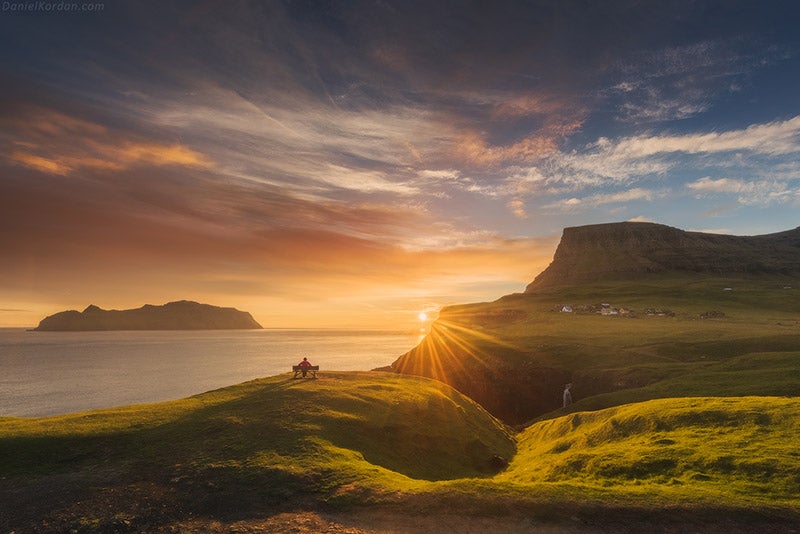
The central western peninsula, Snaefellsnes, is one of the most Saga invested parts of the country, and this area is no exception. The rugged Berserk Lava Field covers most of the western part of the Helgafell County, and stretches between the mountain slopes and the sea. Its sources are four prominent, but differently sized scoria craters forming an east-west row from the Ogress Pass (Kerlingarskard). They probably erupted at short intervals approximately 3600-4000 years ago, the largest one first and the smallest last, almost damming the Lava Bay in the east, where the old main road crosses it. The lava flows created two lakes on their southern side and added to the serenity and beauty of the landscapes, but also represented a difficult obstacle as the area became inhabited during the Age of Settlement. In the beginning, people chose to walk or ride along the southern edge of the lava or travel past it by boat until bridle paths were opened. Nowadays three roads cross it.
All around the lava field are indentations with small oases and where it enters the sea are coves. The berserks probably built the sheep pen Krossrett, just below the home fields of the farm Berserkjaeyri. Where the brook Hraunslaekur runs along the lava edge, are ruins of fish huts to remind us of the fishing outfits of the past. A nearby depression in the lava field, fenced off with a wall of lava stones, is believed to be the grain field of Styr the Slayer. Near Lake Selvallavatn are flat pumice grounds, where regional sport festivities took place around 1940. This beautiful area is ideal for recreation, hiking, angling and mountain climbing. White tailed eagles nest in the rugged lava field and one of the protruding rocks in it to the northeast of the lake is called The Eagle’s Rock. The whole lava field, the inner part of the Lava Bay and the lakes Selvallavatn and Hraunsfjardarvatn have been declared inviolate.
The story about the most renowned road building accomplicement of the country is a part of the Eyrbyggja Saga, probably the most complex of the Icelandic Saga literature. Four constructions connected to this part of the Saga have been preserved, the bridle path, The Berserks’ Burial Mound, the boundary fence and the sheep den. The first two are national monuments.
The story tells us about two Swedish berserks, Halli and Leiknir, who Vermundur the Slim, farmer at Bjarnarhofn, brought to the country from Norway in 982. Vermundur’s brother, Styr the Slayer, was a powerful wretch, who he wanted to be able to stand up to. The problem, however, was that Vermundur could not keep the berserks busy enough to subdue their rage and he saw no other solution than to ask his brother to take them off his hands. Styr the Slayer obliged reluctantly and soon found himself in a dilemma in spite of continuous killings. Halli, one of the berserks, fell in love with his daughter and asked for her hand in marriage.
Styr the Slayer went to his friend, Snorri the chieftain, at Helgafell to seek advice. When he came back, he told the berserks that he would give Halli his blessing after they had finished the tasks of clearing a bridle path through the rugged lava field, building a boundary fence across it, and a sheep pen. They went berserk and finished the tasks in a remarkably short time. Before they did, Styr the Slayer prepared an underground sauna for them and covered it with thick boards with an opening to pour water down on a heated boulder in the hole to create hot steam. When they returned tired and sweaty, he invited them to relax in the sauna and they accepted. The hole was covered properly, big boulders put on the boards and excessive quantities of boiling hot water poured through the opening. It soon became unbearably hot in the hole and the berserks managed to break out, but much too weak to defend themselves against Styr the slayer. He had spread wet and slippery bull hides on the ground around the hole and managed to kill them both. Their bodies were taken into a depression in the lava field, where they were buried close to the bridle path as can be seen up to this date.
